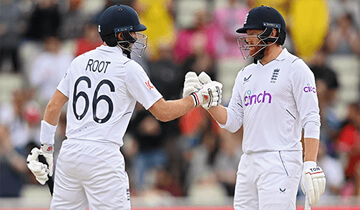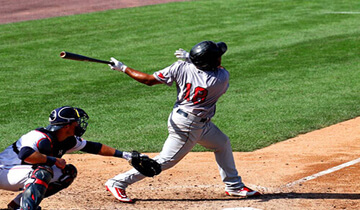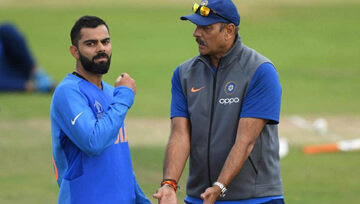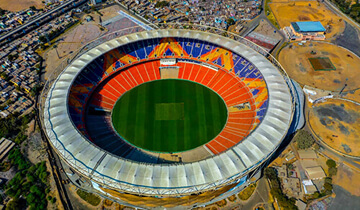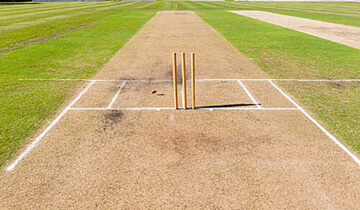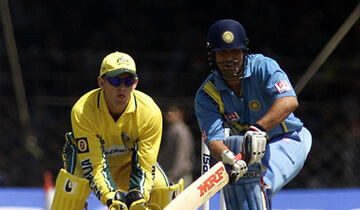Lumen functions as an exhaustive digital casino review portal, devoted to endowing our audience with precise and in-depth intel about the casinos under our scrutiny. Our objective is to respond to your queries and provide you with the necessary understanding to make an educated selection of the suitable online casino for you.
Our squad of connoisseurs intensively examines each casino we feature, collecting insights about its heritage, perks, game roster, and transaction alternatives. We assure you that our data is invariably contemporary and germane, giving you the confidence to depend on our assessments for the most reliable facts accessible.
Apart from our thorough inquiries, we also adhere to a strict quality management system. Our squad meticulously audits and verifies the intel we distribute, confirming that the content on our platform is consistently of superior quality and significance.
Regardless if you’re an expert in the realm of online casinos or a novice, Lumen is your ideal guide. With our extensive appraisals, you’re empowered to make an enlightened decision on the most fitting online casino for your needs.
From veteran players to beginners, Lumen serves as the optimal ally for all your digital casino requirements.
Casino Review
Last News
How we do casino reviews
Say goodbye to hasty, rushed overviews and enter the world of meticulous online casino evaluations. Just as experienced gamers or industry pundits would, we dissect every fragment of an online casino, from the lineup of games and the caliber of their software to the bonuses they put on the table and the promotions they run.
Financial transactions matter too; thus we delve into the payment methods on offer and their associated processing times, as well as customer service efficiency. For your peace of mind, we go over licensing and regulation, while also considering the user’s journey and the overall design of the site. Moreover, we investigate the safety measures and the fairness of games, before rounding up the commonly asked questions.
Next, we take all this raw data and whittle it down into an all-encompassing review, where we candidly discuss the casino’s highs and lows, before ultimately delivering our verdict based on our overall impression.
To offer you the crème de la crème of online casinos, we go the extra mile. Our evaluation method includes a thorough read-through of the terms and conditions, ensuring clear wagering requirements and no hidden clauses. It’s also important that our recommendations include casinos that operate under regulatory licenses, for your safety and to maintain fairness.
Satisfied customers paint a clearer picture, so we explore user reviews while comparing bonuses and promotions to unearth the most rewarding deals. We also verify the availability of exclusive bonuses and a variety of games, as well as convenient payment methods.
Forget perusing through the fine print and payment methods. Casino-goers may soon experience a smoother and more enjoyable betting time, thanks to our comprehensive assessments of every aspect of casinos.
Earlier this year, we laid down the legal groundwork to ensure that every casino we review meets the highest standards of security and fairness, essentially certifying only those that are licensed and regulated. Imagine browsing through a selection of casinos, confident in their legality and transparency, right next to your favorite poker table.
The vision is that soon, a variety of important factors such as game diversity, customer service quality, and player feedback will be evaluated for all casinos, providing an up-to-date and thorough understanding of each one. Picture a world where you can trust your decision-making process in online gambling, bolstered by our expert insights and rigorous research.
They might be online casinos where single players go against the house, multi-player platforms, or player versus player games. Our specialist team, akin to the skilled execs at Gamblit Gaming, emphasizes the key aspects such as licensing, game variety, promotional offers, and customer service, ensuring no stone is left unturned.
“It won’t just be a sea of casinos. You’ll see smaller, more intimate areas of specific themes,” our experts suggest. For example, we probe the terms of service, especially points like wagering requirements and allowed games, ensuring they are fair and transparent.
We’ve observed the need for trusted and reliable reviews in the casino industry. “Everyone feels the urgency,” our experts say. “We’re hoping to fill the virtual floor with these insightful reviews.”
It seems not even the gambling industry was ready for how fast this shift has occurred. So far, we have carried out detailed assessments of numerous casinos. “We are waiting, and we are here, ready to review more,” our team proclaims.
As casino-goers, you’ve steadily demanded more transparency and security in the past decade, leading to an unintended consequence - many online casinos have raised their standards to appeal to a wider audience.
Whether you’re a newbie to online gambling or a seasoned player, our goal is to provide you with the necessary information and resources for a satisfying and exciting gambling experience. “Imagine being able to confidently select the best online casino to suit your gaming needs,” our team anticipates, their excitement palpable. With our expert reviews, you’ll be able to make knowledgeable choices about where to gamble, knowing that you’re playing at a reputable and reliable online casino.
FAQ
When assessing online casinos, what factors do you consider for evaluation.
We assessed various essential determinants, encompassing licensing and regulation, game assortment, incentives and promotions, payment methods, and customer assistance. Inclusive of player evaluations and feedback, we undertake an analysis to present a thorough and current overview of every casino.
One ought to emphasize the significance of opting for licensed and regulated online casinos.
The selection of licensed and regulated online casinos holds paramount importance due to its impact on fairness and safety considerations. The implementation of licensing and regulatory measures serves to uphold stringent protocols and guidelines within the casino industry, thereby safeguarding customers' monetary resources and personal data.
One may inquire about the methodology employed to ascertain the most optimal bonuses and promotions proffered by online casinos.
We conduct a comparative analysis of the incentives and promotional offers provided by various casinos, while considering crucial elements such as wagering prerequisites, permissible games, and temporal constraints. In addition, we take into account player evaluations and feedback in order to holistically depict the attributes of every proposition.
When deliberating on the selection of an online casino, it is imperative to carefully consider various factors.
When making a selection of an internet-based casino platform, it is imperative to meticulously consider several key aspects including licensing and regulatory compliance, variety of available games, promotional deals and incentives, available payment methods, as well as quality of customer support services. In addition, consulting player reviews and feedback is advantageous to gain insights into the comprehensive experience provided by individual casinos.
To ensure the accuracy and currency of the information presented, what procedures are employed by you.
Our team of experienced professionals conducts comprehensive assessments of each online casino and also takes into consideration player reviews and feedback to ensure the provision of accurate and timely information. Our organization is dedicated to furnishing superior resources and comprehensive information in order to empower individuals to make well-informed and judicious decisions.
Is it possible for me to place my trust in the online casinos that you have suggested.
Our objective is to furnish inclusive and reliable information pertaining to online casinos. Our recommendations exclusively consist of licensed and regulated casinos, with meticulous evaluation of all pertinent factors to ensure the reliability and trustworthiness of our suggestions.
What assortment of gaming options can one anticipate from the online casinos that you endorse.
The assortment of games accessible at different casinos exhibits variation, however, our assessment of the games provided ensues with thorough consideration to ascertain the inclusion of a diverse range of widely favored and popular games.
Are the recommended online casinos equipped with convenient payment options.
In the present study, an examination is conducted to assess the various payment alternatives provided by each online casino, with a particular focus on ensuring the provision of user-friendly and convenient options for all potential players.
What type of customer support do you recommend that online casinos offer.
The present study endeavors to assess the efficacy of customer support services extended by every virtual gaming establishment, whilst ensuring the presence of adept and beneficial support alternatives for their clientele.
Is it possible to access exclusive bonuses by utilizing online casinos that have been endorsed by your recommendations.
In our analysis, we evaluate the various bonuses provided by each casino, encompassing any distinctive bonuses exclusively allocated to their affiliate links or specific partners.
What justifies placing trust in your assessments during the process of selecting an online casino.
Our assessments are exhaustive, conducted through meticulous research and analysis, thereby presenting a comprehensive overview of the gambling encounter provided by each online casino. By capitalizing on our specialized knowledge and proficiency, individuals can make discerning and assured judgments when selecting an online casino.


















































































































































































